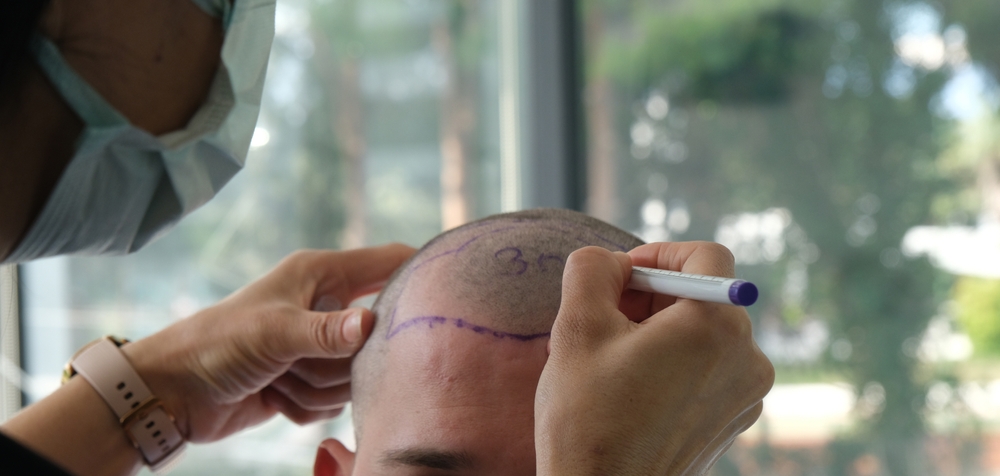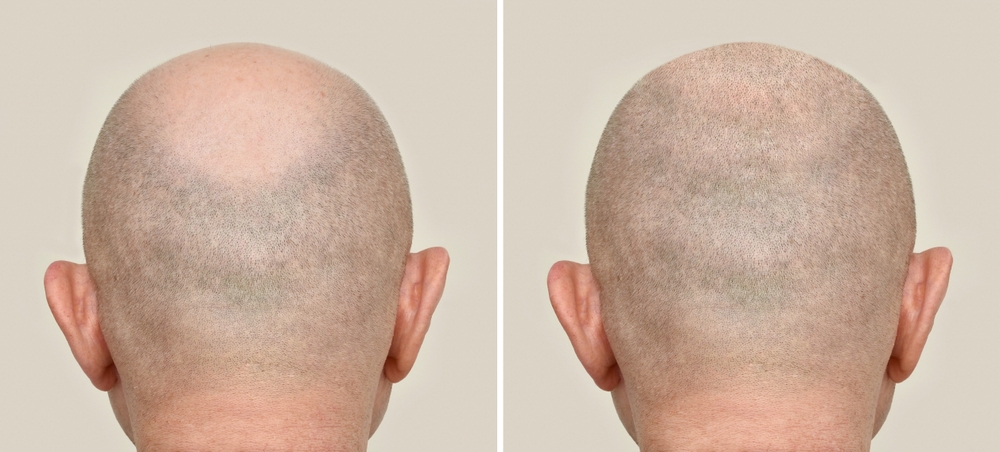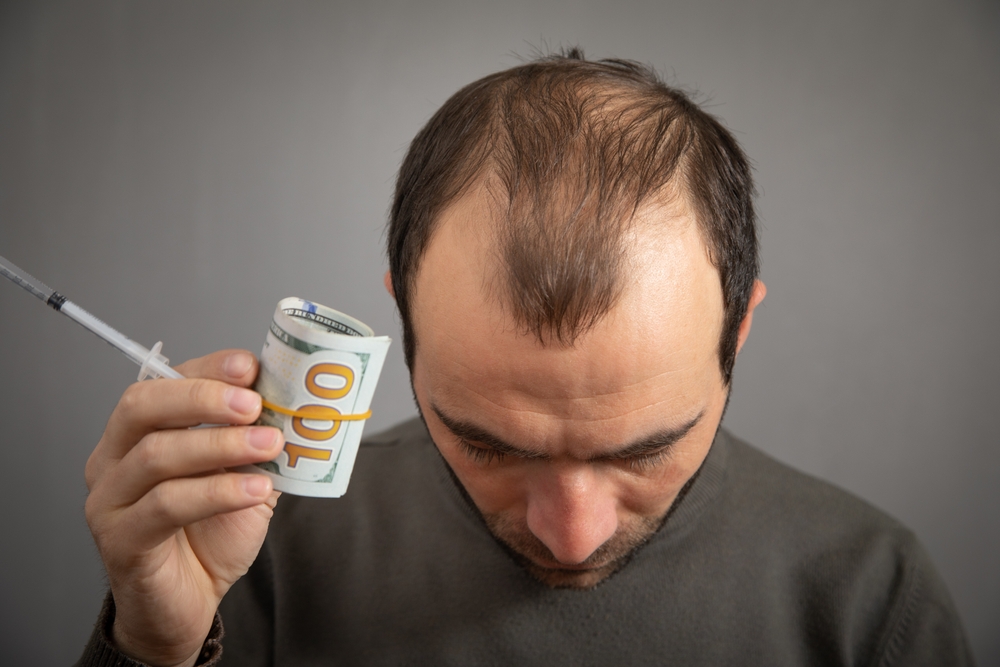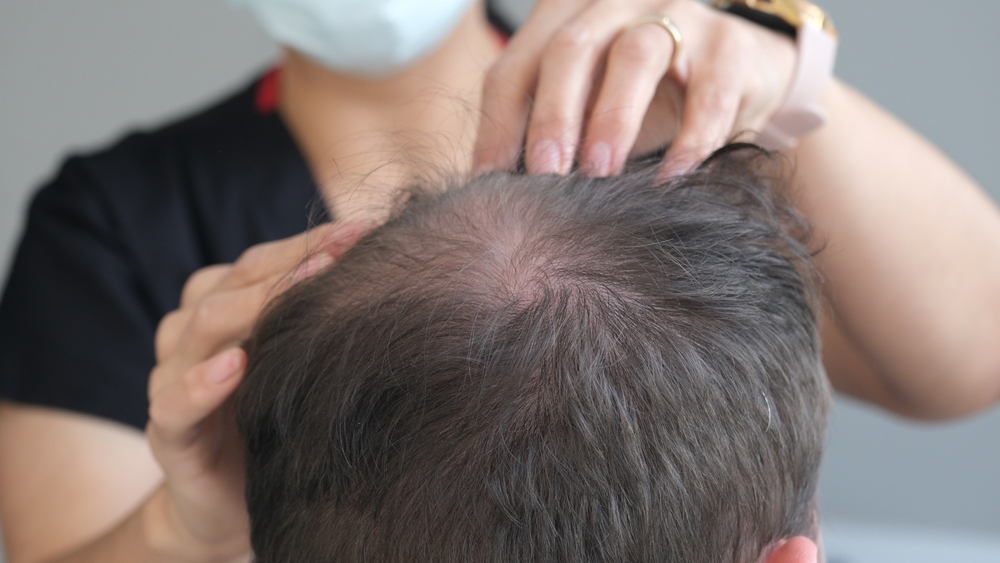Several vitamins and minerals play a role in maintaining healthy hair, and deficiencies in some of them can potentially lead to hair loss or hair thinning.
Here are a few vitamins and minerals that, when deficient, can contribute to hair problems…
- Vitamin D – A deficiency in vitamin D has been associated with hair loss. This vitamin plays a role in the hair growth cycle, and insufficient levels may lead to hair thinning or excessive shedding.
- Vitamin A – While vitamin A is important for hair health, excessive intake can also lead to hair loss. It’s important to maintain a proper balance.
- B Vitamins – B vitamins, particularly biotin (B7), niacin (B3), and pantothenic acid (B5), are crucial for healthy hair. Deficiencies in these vitamins can result in hair loss or thinning.
- Vitamin E – Vitamin E is an antioxidant that helps improve blood circulation in the scalp, promoting hair growth. A deficiency may contribute to hair problems.
- Iron – Iron deficiency, known as anemia, can lead to hair loss. Iron is essential for transporting oxygen to hair follicles and supporting their growth.
- Zinc – Zinc is necessary for hair tissue growth and repair. A zinc deficiency can result in hair thinning or hair loss.
- Protein: – Hair is primarily composed of a protein called keratin. A diet lacking in sufficient protein may lead to weaker hair and increased hair loss.
While deficiencies in these vitamins and minerals can contribute to hair problems, hair loss can have various causes, including genetics, hormonal imbalances, medical conditions, and stress. If you suspect a vitamin deficiency may be causing your hair loss, it is advisable to consult a healthcare professional for proper diagnosis and treatment. They can recommend dietary changes or supplements as necessary to address the deficiency and improve hair health.





